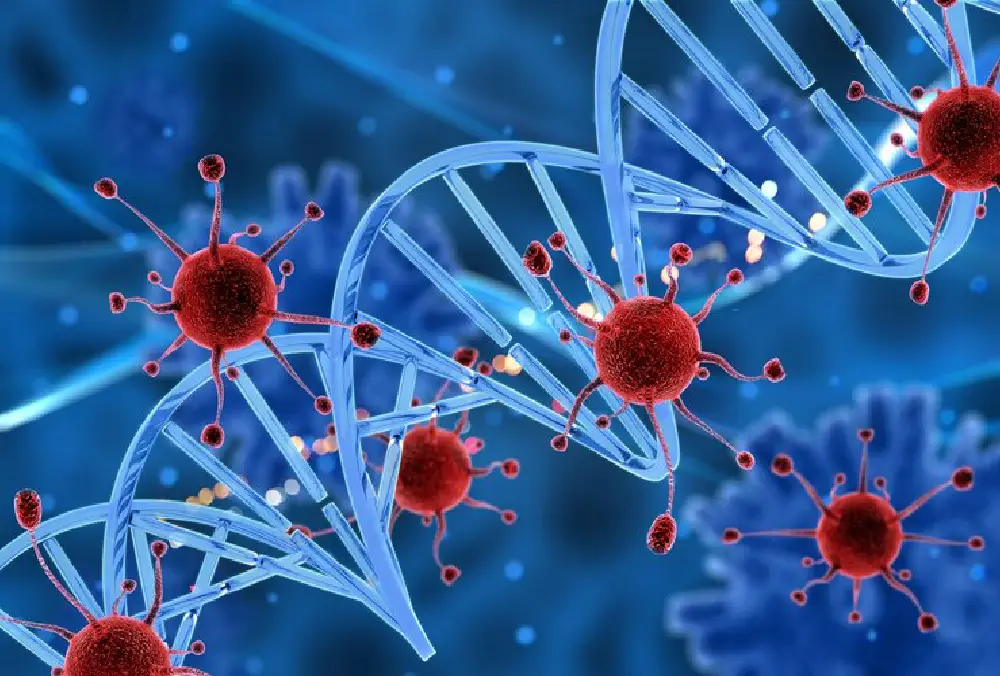Biochemistry

Biochemistry is the branch of science that explores the chemical processes and substances that occur within living organisms. It is a multidisciplinary field that combines principles of both biology and chemistry to understand the molecular mechanisms underlying various physiological functions. Here are some key aspects of biochemistry:
Molecules of Life:
Proteins: These are large molecules composed of amino acids, crucial for various cellular functions such as structure, enzymes, and signaling.
Nucleic Acids: DNA (Deoxyribonucleic Acid) and RNA (Ribonucleic Acid) carry genetic information and play essential roles in the synthesis of proteins.
Lipids: These include fats and membranes, serving as energy storage, insulation, and structural components of cells.
Enzymes:
Enzymes are biological catalysts that accelerate chemical reactions within cells without being consumed in the process. They play a crucial role in metabolism.
Metabolism:
Metabolism involves the chemical reactions that occur in living organisms to maintain life. It includes catabolic reactions (breaking down molecules for energy) and anabolic reactions (building complex molecules from simpler ones).
Cellular Respiration:
The process by which cells extract energy from nutrients. It involves glycolysis, the citric acid cycle, and oxidative phosphorylation.
DNA Replication and Transcription:
DNA replication ensures the accurate duplication of genetic material during cell division, while transcription is the process of synthesizing RNA from DNA.
Protein Synthesis:
Involves the transcription of DNA to RNA and translation of RNA to proteins. This process is fundamental to the creation of cellular structures and functions.
Enzymes are biological catalysts that accelerate chemical reactions within cells without being consumed in the process. They play a crucial role in metabolism.
Metabolism:
Metabolism involves the chemical reactions that occur in living organisms to maintain life. It includes catabolic reactions (breaking down molecules for energy) and anabolic reactions (building complex molecules from simpler ones).
Cellular Respiration:
The process by which cells extract energy from nutrients. It involves glycolysis, the citric acid cycle, and oxidative phosphorylation.
DNA Replication and Transcription:
DNA replication ensures the accurate duplication of genetic material during cell division, while transcription is the process of synthesizing RNA from DNA.
Protein Synthesis:
Involves the transcription of DNA to RNA and translation of RNA to proteins. This process is fundamental to the creation of cellular structures and functions.
